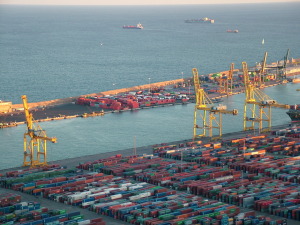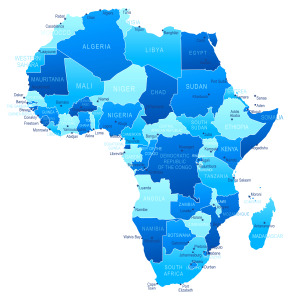This article first appeared in Law360 and has been reprinted here with permission.
World Trade Organization Director-General Roberto Azevedo has offered little hope for overcoming the obstacle presented by India in blocking the protocol necessary to finalize the WTO trade facilitation agreement reached in Bali Dec. 7, 2013.[1] Meanwhile, there is a great deal of discussion about what this means for the WTO, but what does it mean for trade facilitation? I would suggest that while this development means a lot to the WTO it means little to trade facilitation. The train has left the station as far as trade facilitation goes because countries and business appreciate the merits of its implementation.

 The majority of people have heard the old saying: “the early bird gets the worm.” Well, the same holds true for trade facilitation – and there are a few good reasons why.
The majority of people have heard the old saying: “the early bird gets the worm.” Well, the same holds true for trade facilitation – and there are a few good reasons why. With the finalization of a Trade Facilitation Agreement (“TFA”) at the conclusion of the 9th Ministerial Conference in Bali, Indonesia, on December 7, 2013 (see:
With the finalization of a Trade Facilitation Agreement (“TFA”) at the conclusion of the 9th Ministerial Conference in Bali, Indonesia, on December 7, 2013 (see:  The case for regional integration in Africa has been made, by Donald Kaberuka, President of the African Development Bank, as well as by other well-known African authorities. So the question that now arises is how can regional integration be accomplished? Large amounts of money – both public and private – are being expended for transportation infrastructure. Yet, there is an institutional deficiency that substantially impedes regional integration. It is the customs red tape and paper work at the border. These non-tariff barriers that cause customs delays and uncertainty obstruct regional integration just as much as inadequate infrastructure, thereby preventing Africa from finding its place in the 21st Century global value chain.
The case for regional integration in Africa has been made, by Donald Kaberuka, President of the African Development Bank, as well as by other well-known African authorities. So the question that now arises is how can regional integration be accomplished? Large amounts of money – both public and private – are being expended for transportation infrastructure. Yet, there is an institutional deficiency that substantially impedes regional integration. It is the customs red tape and paper work at the border. These non-tariff barriers that cause customs delays and uncertainty obstruct regional integration just as much as inadequate infrastructure, thereby preventing Africa from finding its place in the 21st Century global value chain.